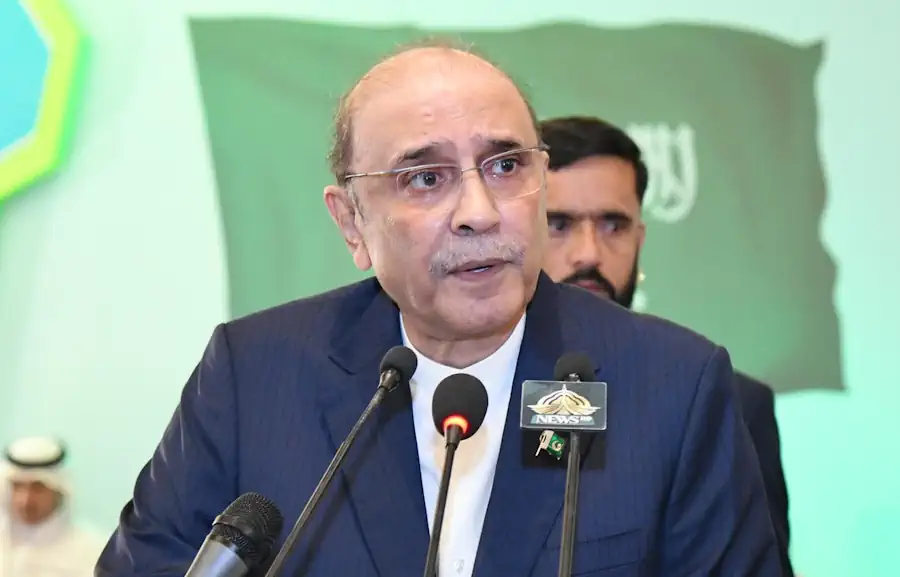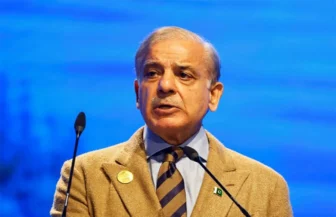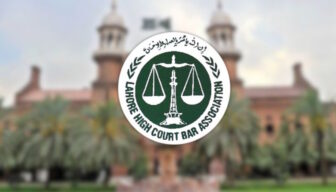President Zardari raises serious concerns over ‘Madrasa Bill’

President Asif Ali Zardari has voiced strong objections to the proposed Societies Registration (Amendment) Bill 2024, warning that its passage could lead to adverse consequences for Pakistan’s international standing, including potential sanctions from the Financial Action Task Force (FATF) and the Generalized Scheme of Preferences Plus (GSP+).
The bill seeks to register religious seminaries (madrasas) under the Societies Act, a move that the president believes could conflict with existing laws and compromise Pakistan’s internal stability. Zardari highlighted that the registration process might lead to increased sectarianism and deteriorate law and order, particularly if multiple seminaries are established within the same community.
Also Read:
Among the eight objections raised, Zardari pointed out contradictions in the bill, including conflicting definitions of madrasas and overlap with existing regulations such as the Madrasa Education Board Ordinance 2001 and the Islamabad Capital Territory Trust Act 2020. He noted that enacting new legislation without resolving these overlaps could weaken the legal framework and create loopholes.
The president also argued that registering madrasas under the Societies Act could allow them to engage in non-educational activities, creating conflicts of interest. He warned this could attract international criticism and negatively impact Pakistan’s global ratings with organizations like FATF. Furthermore, Zardari highlighted the absence of any mention of madrasa education in the preamble of the Societies Registration Act 1860, which would create inconsistencies if madrasa registration were included in the new bill.
Additionally, he pointed out procedural issues, including the bill’s failure to specify its applicability within Islamabad, as mandated under the Societies Registration Act 1860.
In response, Jamiat Ulema-e-Islam-Fazl (JUI-F) criticized the president for allegedly not following constitutional procedures when raising his objections. JUI-F spokesman Aslam Ghori claimed that Zardari’s objections appeared to be influenced by external pressures and were submitted outside the constitutionally stipulated timeframe.
Ghori further argued that the president has no right to raise objections twice, particularly after the first set of concerns had already been addressed. He added that the objections should have been sent to the speaker of the National Assembly, which was not done.
Read all the Breaking News Live on pakistantimes.com and Get Latest English News & Updates from Pakistan Times. Follow us on Whatsapp channel for more.








